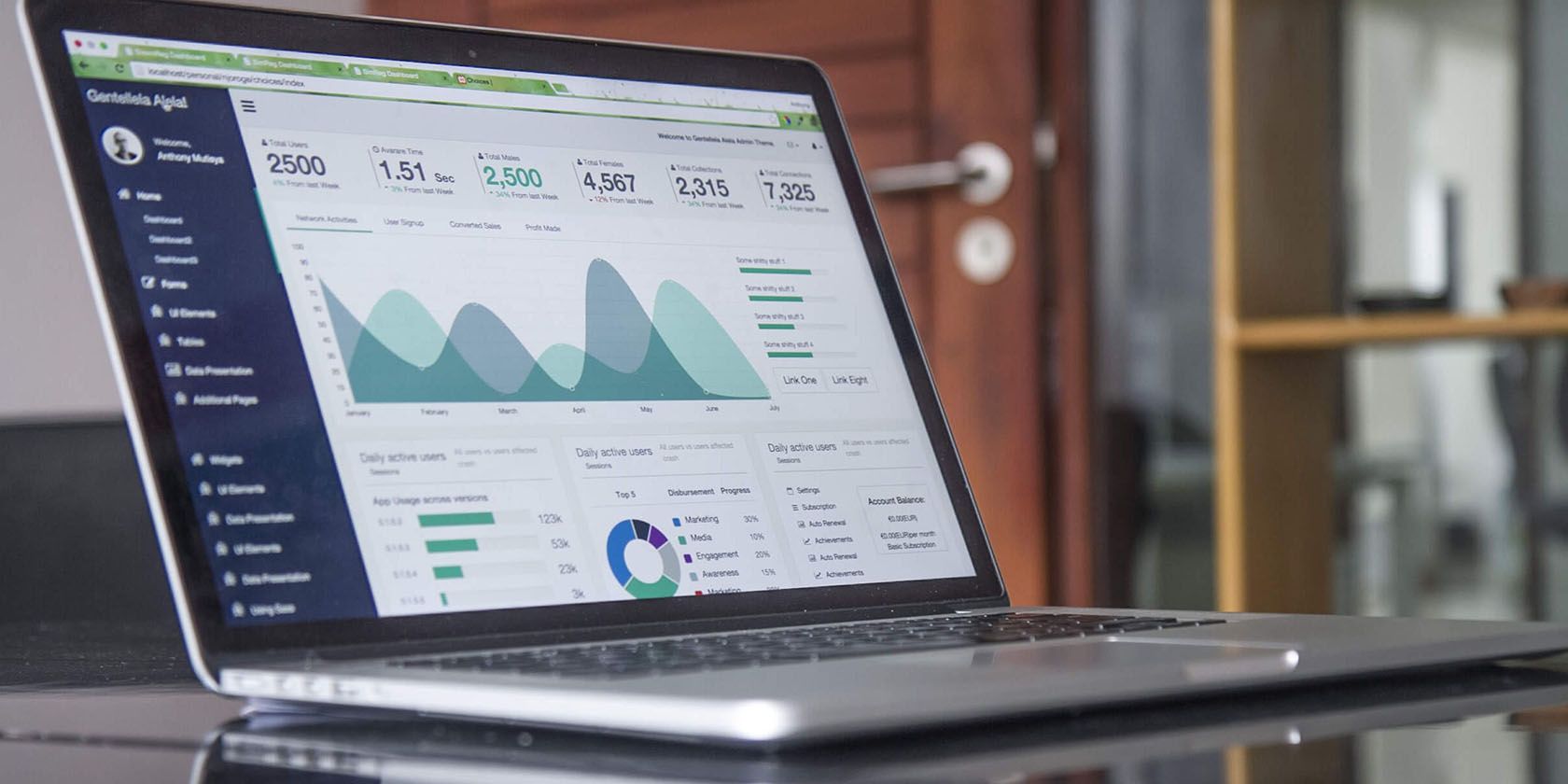User-generated content like social media, blogs, and forums have become key to staying on top online. However, big tech companies have been slowly taking over the web from its infrastructure to moderated content.
The internet is no longer as democratic as it used to be, with a few private companies competing to monopolize our data. Here is why that matters, and why you need to take control of your own personal information.
Why Businesses Collect Our Data
Through the years, businesses have realized how valuable our data actually is. As individuals, it may seem as if we’re small fish in a big sea. But our data becomes all the more powerful when viewed through a single lens.
Companies use aggregated information about us to understand current and prospective customers. Using diagnostic, predictive, and prescriptive analytics, they can shape the user journey to nurture them into a sale.
From more accurate ad recommendations to evolving the product offerings the best way possible, companies have a lot to gain from building a more comprehensive view of their consumers. But what about the customers?
The Risk of Online Ecosystems
For years, people have grown accustomed to the ease and convenience of free products and services. In the last decade, we have seen the rise of free messaging apps, social media networks, and service providers.
Companies like Amazon, Google, Facebook, and a few other tech companies have increasingly penetrated almost every aspect of our lives. While this doesn’t feel so alarming at first, the weight of our dependence on them becomes evident when they experience data breaches, downtime, or legislative push back.
Now, users feel perpetually spied on, with their personal information often being sold to the highest bidder. There has been a growing desire for more private and secure online experiences.
User profiles include information on everything from home addresses and credit card details to social security numbers and valid IDs. If the system where this is stored becomes compromised, hackers have all the information they need to open bank accounts, apply for loans, and more.
When a tech giant fails to keep its database secure, millions of users pay the price. Many feel the weight of what tech companies are asking for in return, and long for a sense of freedom, anonymity, and possibility. Thankfully, it’s still possible.
Here’s why decentralization is the key.
What is Data Decentralization?
Data decentralization keeps your data in the hands of several networks instead of having a single group with exclusive control. While decentralization is often a concept associated with corporations, it can also affect individuals.
Many companies will continue to put profit before security. It is up to the users to be more discerning about how much data they are willing to share, and so to protect themselves from malicious intent.
There are several advantages to keeping your online identity separate across platforms through decentralization in your personal and professional lives. Unfortunately, many people don’t attempt to do so until it’s too late.
Tips to Decentralize Personal Data
While leaving no trace on the internet can be close to impossible, here is how you can use decentralization to help manage the risk.
Log Out of Your Accounts
Staying logged in to accounts that track you even if you’re not actively using the app or website opens up several opportunities for unwanted attention. Log out of online accounts with a history of collecting your data without your consent.
When not in use, fix your device settings to allow limited access to your information. You must also be mindful of the various privacy policies and permissions when browsing.
Avoid Single Sign-Ons
Masked as a convenient way to log into multiple platforms at once, companies like Google, Facebook, and Apple offer single sign-on (SSO) capabilities that let users sign up using their pre-existing user profile on their platform.
Accounts using SSO can track your user behavior back to you even when using a VPN. With this, if you use one account to log into multiple websites, chances are they know exactly where you’re going and what you’re doing.
Use Secure Messaging Platforms
Many free messaging platforms maintain their operations and share or sell data to advertisers. While some offer things like self-destructing messages or end-to-end encryption, data is not invulnerable.
Several supposedly secure messaging apps keep your metadata or Personally Identifiable Information (PII) such as location, phone number, and email address. Thankfully, there are many free and paid-for secure messaging apps that are more protective of your personal information.
Set up Anonymous Payment Methods
When it comes to purchasing from eCommerce platforms, fraud is rampant. Storing credit card details across various services increases the risk of hackers having access to it.
Due to data breaches, you may opt to increase security by setting up anonymous payment methods for regular transactions such as prepaid debit or gift cards, or apps that do not require verification to use for small transactions like Cash App.
Have Multiple Emails Across Providers
Many people have one email that they use for almost everything. To better decentralize your data, create different addresses for multiple uses. Splitting your experiences across several accounts divides the amount of information companies can direct to you as an individual.
Also, if your primary email provider becomes compromised, you can still receive important messages such as payment reminders and confirmation emails.
Protect Yourself Through Data Decentralization
Undoubtedly, the rise of information ecosystems such as Google, Amazon, and Facebook has opened a whole new world of possibilities. Within one system, we can email, chat, call, store, and share data. Integrated workflows have made managing our personal and professionals more convenient—sometimes we forget that this convenience comes at a cost.
With so many eyes on your online persona, having several apps that are not connected will help decentralize the information that any single company has on you and lessen multiple risks.
About The Author

